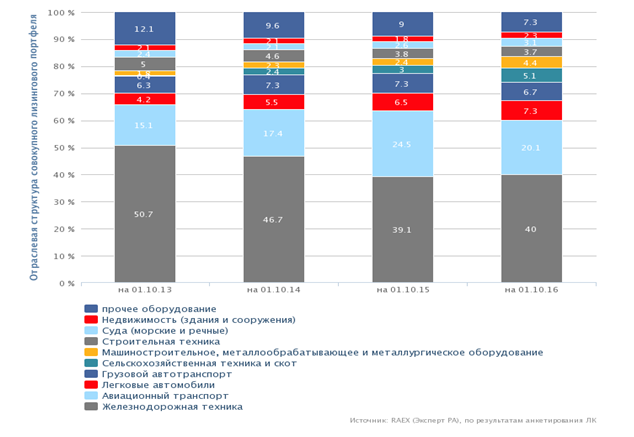Sustaining Project Momentum Amid Frequent Staff Changes
페이지 정보
작성자 Willard Kauffma… 댓글 0건 조회 2회 작성일 25-10-18 18:23본문
In high-turnover IT environments, preserving institutional knowledge remains a critical hurdle.

When developers, analysts, or support staff leave frequently, critical information walks out the door with them.
Failure to institutionalize knowledge leads to recurring mistakes, extended timelines, and fragmented understanding.
The key to overcoming this is building a culture and аренда персонала system where knowledge is not stored in individuals but in processes and accessible resources.
Make documentation your non-negotiable first step.
Even if it feels tedious, every decision, workaround, configuration detail, and dependency should be written down.
Use a central wiki or shared platform where documentation is easy to find and update.
Treat doc changes as mandatory commits alongside code changes.
Embed documentation into performance metrics and sprint goals.
One-on-one knowledge handoffs are irreplaceable for nuanced understanding.
Facilitate intentional transitions where expertise is transferred before departure.
This isn’t just about handing off tasks—it’s about explaining the why behind decisions, the unspoken rules of the system, and the history of problems that led to current solutions.
Just two hours of guided context-sharing can eliminate weeks of missteps.
Scheduled knowledge exchanges sustain momentum across turnover cycles.
Hold short, frequent sessions to surface insights, blockers, and breakthroughs.
Keep them lightweight and conversational.
A 15 minute standup focused on lessons learned can make a big difference.
Turn manual workflows into reliable, repeatable systems.
If certain tasks are repetitive and require specific knowledge to complete, turn them into scripts, templates, or runbooks.
Once documented in code or configuration, knowledge survives even when people leave.
Automated deployment pipelines, clear configuration files, and standardized environments reduce the risk of knowledge loss.
Leadership must model and incentivize knowledge sharing.
Publicly celebrate contributors to the knowledge base.
Include documentation quality and mentorship in evaluations.
Examine the root causes: Is the workload unsustainable? Are exit interviews ignored? Is there no succession planning?.
Distribute expertise across the team.
Avoid "rocket scientist" roles—spread understanding widely.
Invest in multi-skilling as a core team strategy.
Shared ownership boosts confidence, morale, and resilience.
Knowledge transfer in high-turnover environments isn’t about preventing people from leaving.
The real measure of health is whether the system survives the departure of any individual.
By embedding knowledge into systems, processes, and norms, teams become resilient to turnover.
댓글목록
등록된 댓글이 없습니다.





 전체상품검색
전체상품검색




